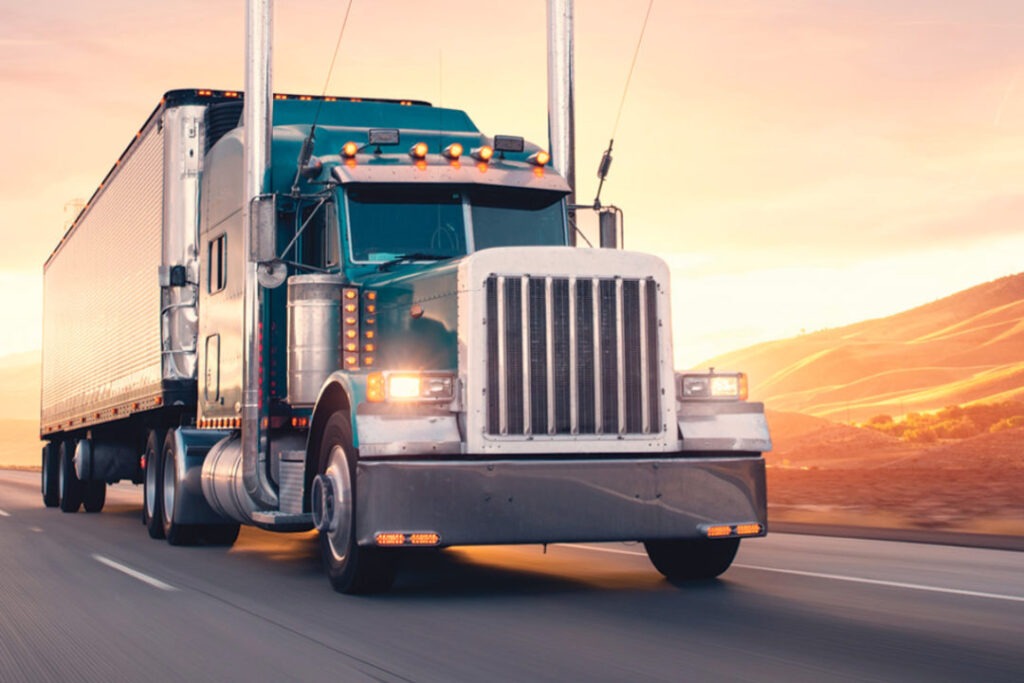Commercial Insurance Options
Keep your commercial assets protected with KAPTINS commercial insurance options.
Trucking Insurance

Without liability coverage, you wouldn’t be able to operate your business truck.
- Primary Auto Liability: Every carrier must carry liability insurance on every rig even those on leased units. Liability insurance protects you when a third party is injured in an accident.
- General Liability: insurance protects the business for any property damage or bodily injury that might occur which does not involve a truck. Typical examples of this would include the slip and fall exposure at your place of business, advertising related exposures, and/or contractual exposures you may get involved in.
- Non-Trucking / Bobtail Liability: pays for an accident when the driver/truck is not under dispatch. The coverage is sometimes referred to as deadhead coverage or bobtail liability.
- Trailer-Interchange Liability: coverage protects a trailer you are pulling when there is an interchange agreement in force. This type of agreement is common when semi-trailers are used to transport goods across long distances.
- Non-Owned Trailer Liability coverage protects the trailer you are pulling for someone else.
- Physical Damage insurance is coverage for your truck and trailer. Your premium is based on the value of your equipment. Usually a percentage of the value. This coverage is not required by law but if you finance your vehicle the lienholder will require it. It is important to insure your vehicle for the real value. Not over or under value the vehicle as the insurance company will only pay market value at the time of the loss.
- Non-Owned Trailer Physical Damage coverage insures the trailer you are pulling for someone else in the event of loss.
- Cargo Insurance covers damage/loss to freight in transit. This coverage can have many exclusions such as unattended vehicle, maximum theft limitations on target commodities such as garments, liquor, electronics and a whole host of others.
- Terminal Coverage protects freight located at specified terminals in the event of loss. Usually there are time limitations related to this coverage. For example: 48 hours maximum per specified load. If the goods are stored longer than the terminal time you would most likely want to purchase Warehouse Legal coverage. This amount of coverage is dependent on the total amount of goods stored/docked/off-loaded at any one time.
- Warehouse Legal coverage protects goods stored at specified locations in the event of loss. For example theft, fire, sprinkler damage. This amount of coverage is dependent on the total amount of goods stored at the location at any one time.
General Liability

This pays for accident-related damage to your insured business vehicle.
This pays for damage to your insured business vehicle from non-collision causes such as theft, weather, vandalism or fire.
This pays for a rental vehicle, up to certain limits, after an accident causes damage to your insured business vehicle.
This pays injury damages to others and damage to other people’s property if you are at fault, including your legal expenses if you’re sued.
Uninsured motorist covers you if you’re in an accident and the driver at-fault does not have enough coverage to pay for damages to your vehicle or your medical expenses.
This pays medical expenses and income loss for accident-related injury suffered by occupants of your insured business vehicles, regardless of fault.
This pays medical or funeral expenses for accident-related injury suffered by occupants of your insured business vehicles, regardless of fault.
Worker’s Compensation

It helps to protect businesses and their employees from financial loss when an employee is hurt on the job or gets sick from a work-related cause. This form of insurance can protect an employee from potentially devastating costs of work-related injuries. It also helps protect employers from potential damages that could cripple a business based on workers’ comp claims.
Workers’ compensation insurance helps cover medical expenses, lost wages, ongoing care costs, as well as funeral expenses if an employee is hurt, becomes sick, or dies as a result of a work-related accident or illness.
Some situations take place on the job that are not covered by workman’s comp insurance. These vary from state to state and are typically determined by different state laws. Here are a few examples of what most workers’ compensation plans do not cover:
- Injuries received by a fight that an employee started
- Injuries an employee sustains due to being intoxicated in the workplace
- Injuries an employee gets intentionally
- Emotional injuries that are not accompanied by a physical workplace trauma
In most states, any employer with one or more employees is required to carry workers compensation insurance. Texas is exempt from this. Large employers may insure themselves, but they must apply with their state and meet strict self-insurance requirements. Always verify with the state your company is based in.
It’s important to note that not all workers must be covered by this type of insurance. For example, workers’ comp doesn’t typically cover independent contractors, domestic workers in private homes, and volunteers. Some states also exclude seasonal workers when the work they do is not part of the employer’s regular business or profession.